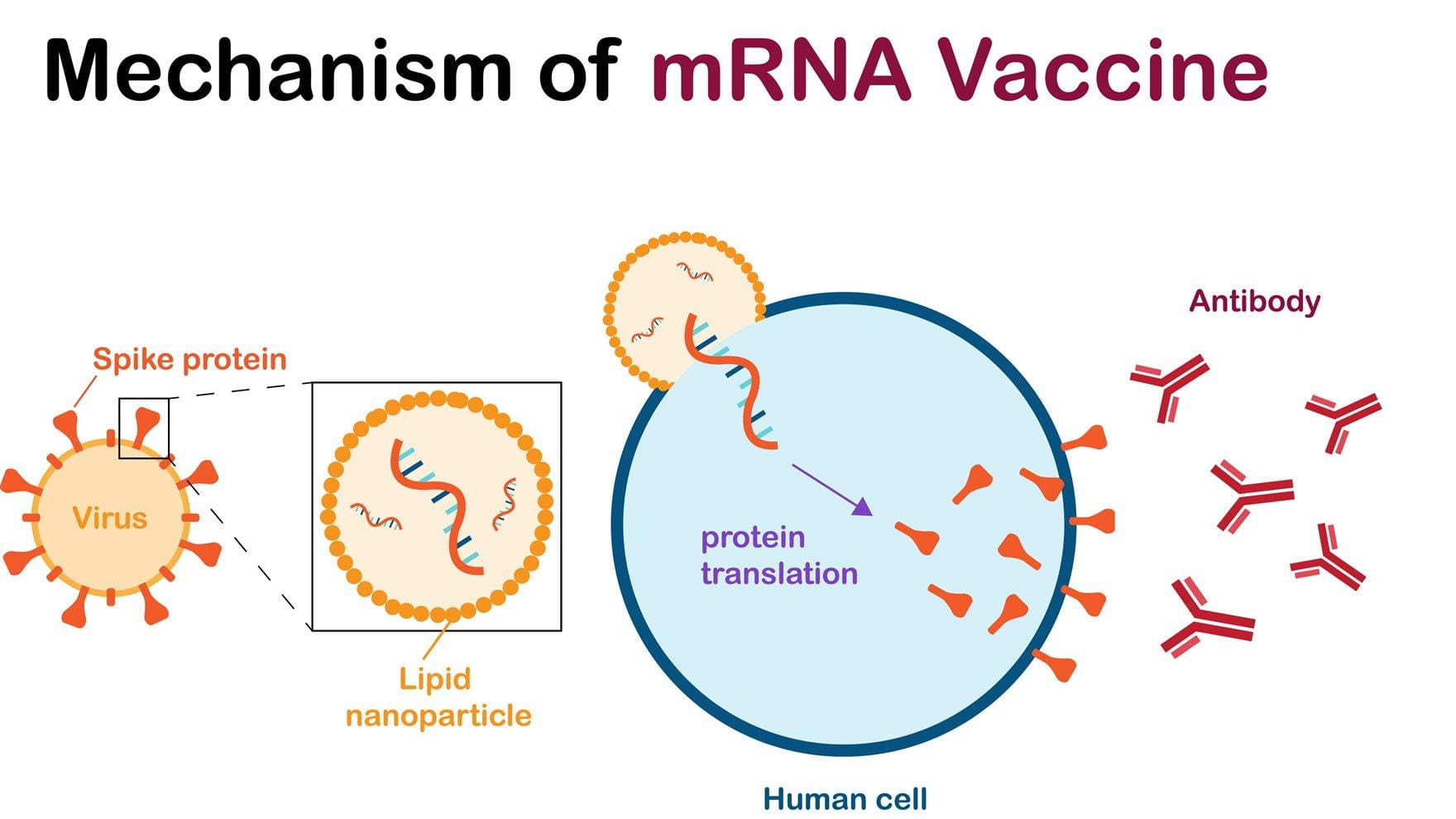
This study investigates the long-term effects of mRNA vaccines on immune memory and public health outcomes in Ghana between 2020 and 2024, addressing a critical gap in understanding the durability of vaccine-induced immunity amid evolving COVID-19 variants. As global attention turns toward sustainable vaccination strategies, the importance of evaluating immunological persistence and socio-behavioral influences becomes imperative, especially in low- and middle-income settings. The research employed a quantitative-descriptive design using secondary data from 10,880 participants drawn from national health registries. Statistical methods including paired t-tests, Pearson correlations, and multiple regression analyses were applied to evaluate antibody decline, vaccine uptake trends, misinformation exposure, and hospitalization rates. Findings revealed a significant drop in average antibody titers from 1,625 to 830 AU/mL within 12 months (p < 0.001), especially among immunocompromised and rural populations. A strong negative correlation (r = -0.952) between vaccine coverage and hospitalizations affirmed the public health impact, while a Chi-square test (χ² = 146.29, p < 0.001) linked high misinformation exposure to increased hesitancy. The regression model (R² = 0.814) demonstrated that vaccine coverage (β = -0.72), booster uptake (β = -0.65), and misinformation (β = 0.61) significantly predicted new case trends. Overall correlation with public health indicators was r = -0.88. These results suggest mRNA vaccines remain effective but require ongoing booster strategies and behavioral interventions. The findings underscore the need for policy shifts towards tailored booster schedules, digital health campaigns, and equitable vaccine distribution to enhance immune memory and pandemic resilience in Ghana.



